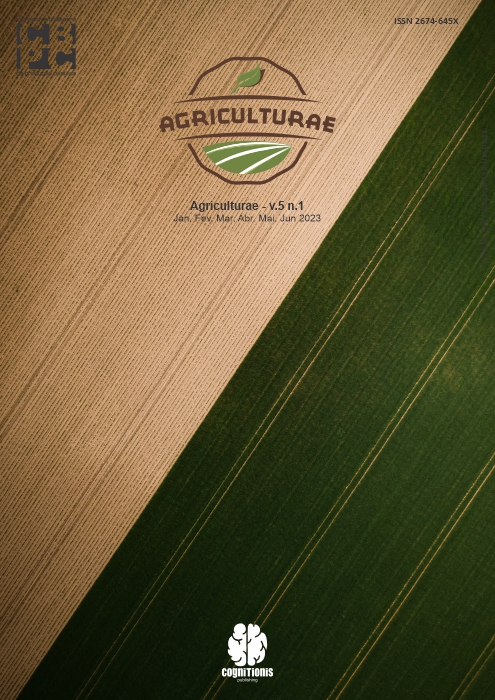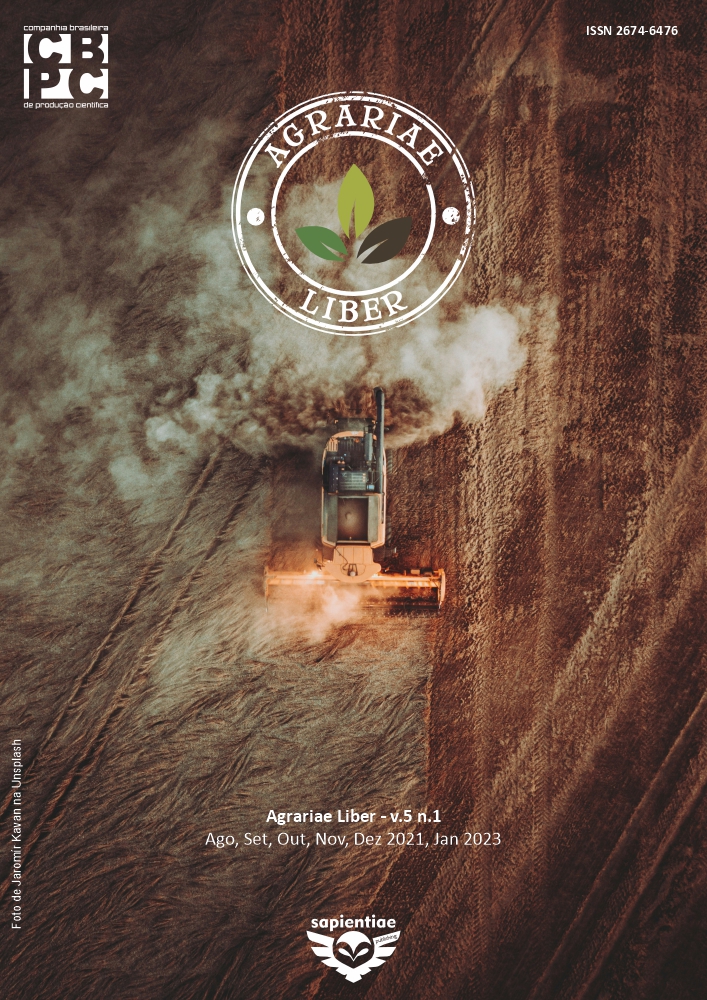Practices related to food safety observed by food handlers in greater Florianópolis (SC)
DOI:
https://doi.org/10.6008/CBPC2237-9290.2022.002.0002Keywords:
COVID-19, Training, Socio-environmental profile, Good practicesAbstract
The COVID-19 pandemic has intensified commercial relations in the online modality, favoring the growth of food delivery services in Brazil. Food handlers/workers need to receive periodic training on food safety, especially in the face of a health crisis. It was in this scenario that the present research was carried out. The objective was to evaluate the good practices related to food safety, that were intensified to contribute to the containment of the pandemic, adopted in the food services of Florianópolis Greater, in the state of Santa Catarina, Brazil. A questionnaire composed of correct and incorrect practices related to food handling and production was applied online. The results indicated that most handlers are female, aged between 26 and 60 years, with complete higher education and with professional or owner registration. The average score on practices considered correct was 64.82%, with emphasis on adequate thawing of food. The lowest percentage of correct answers was about the control of leftovers and leftovers. Online data collection selected food handlers with a higher level of education and greater training in food production, which possibly influenced the results. In general, it can be considered that handlers have moderate knowledge about safe food handling and production.
Downloads
Downloads
Published
Issue
Section
License
Copyright (c) 2023 Natural Resources

This work is licensed under a Creative Commons Attribution-NonCommercial-NoDerivatives 4.0 International License.
The CBPC - Companhia Brasileira de Produção Científica (Brazil CNPJ: 11.221.422/0001-03) the material rights of the published works. The rights relate to the publication of the work anywhere in the world, including rights to renewals, expansions and dissemination of the contribution, as well as other subsidiary rights. All electronically published works may subsequently be published in printed collections under the coordination of this company and / or its partners. The authors preserve the copyright, but are not allowed to publish the contribution in another medium, printed or digital, in Portuguese or in translation.








